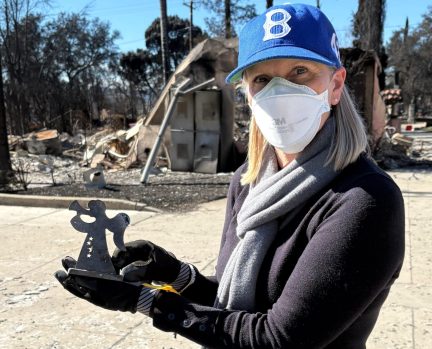UPDATE: The New Mexico Oil Conservation Commission is set to hold a critical rulemaking hearing on Monday, October 30, 2023, that could impose severe new bonding costs on the oil and gas industry. These proposed regulations, pushed by environmental groups, threaten to significantly disrupt operations for small, local producers across the state.
The new rules could increase financial assurance bonding for marginal wells by orders of magnitude, potentially forcing independent producers to shut down operations. Many of these producers are multigenerational businesses that directly contribute to rural economies. With the proposed bond increases, it is projected that most operators will be unable to break even, leading to premature closure of wells before the resources are fully extracted.
According to industry experts, the new provisions would block operators from selling existing marginal wells, granting regulators unchecked authority to deny sales based on subjective assessments of financial stability.
“This is autocracy over an entire industry on the regulatory level,”
stated a representative from the Independent Petroleum Association of New Mexico.
The stakes are high: since 2017, New Mexico has seen a 20% decrease in oil and gas reporting entities, representing over 100 independent producers who have exited the state due to regulatory pressures. Many fear that the latest proposed rules will further decimate the industry, which has been a cornerstone of the state’s economic stability.
Industry leaders are preparing to present their case during the upcoming hearing, emphasizing that over 95% of nonproducing wells are already plugged by operators themselves. They argue that the state’s inflated projections of unfunded liabilities do not account for this reality, nor do they utilize the existing $50 million reclamation fund effectively.
The urgency of the situation cannot be overstated. Local companies are calling on everyday citizens to voice their support during the public comment period of the hearing, highlighting the significant role of oil and gas in sustaining their livelihoods.
As the hearing approaches, the New Mexico business community is already feeling the chill of uncertainty. The message from regulators is clear: environmentalists and state officials can push through new regulations without legislative oversight, and without adequately considering the implications for independent producers.
This developing situation will be closely monitored, as the outcome of the hearing could reshape the future of New Mexico’s oil and gas industry. Industry representatives are urging the three-member Oil Conservation Commission to consider the potential consequences of these rules and to listen to the voices of those who will be directly affected.
Stay tuned as we continue to follow this urgent matter affecting local economies and the broader energy landscape in New Mexico.







